The Making of Powerful AI Agents guide
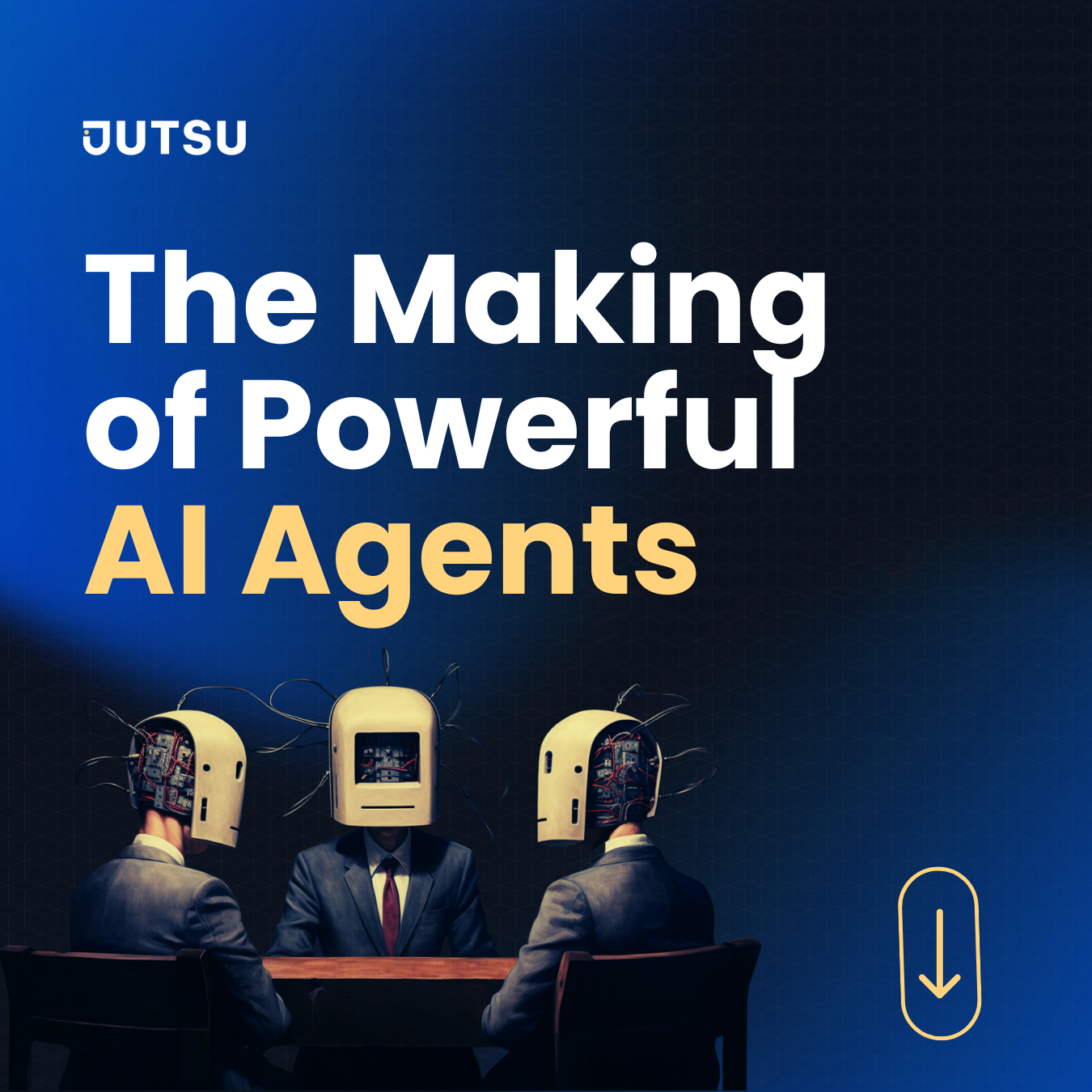
Artificial Intelligence (AI) is no longer just science fiction; it’s a powerful reality that's transforming our world. One of the most exciting aspects of AI is the development of AI agents. These intelligent programs can automate tasks, solve problems, and continuously learn and improve. But how exactly are these AI agents created? Let’s embark on this fascinating journey together.
1. Reflection: The AI's Self-Improvement Journey
Imagine a student who learns through self-assessment, improving after each homework assignment. AI agents do something similar through a process called reflection. Intelligent workflows guide AI agents to review their own work, helping them get better at tasks like coding, writing, and problem-solving. By continuously learning and adapting, these agents become highly efficient.
Tips for Beginners:
- Create a Feedback Loop: Start with simple tasks like editing text and gradually move to more complex ones like code review.
Use Reflection: Set your AI to regularly assess its performance and identify areas for improvement.
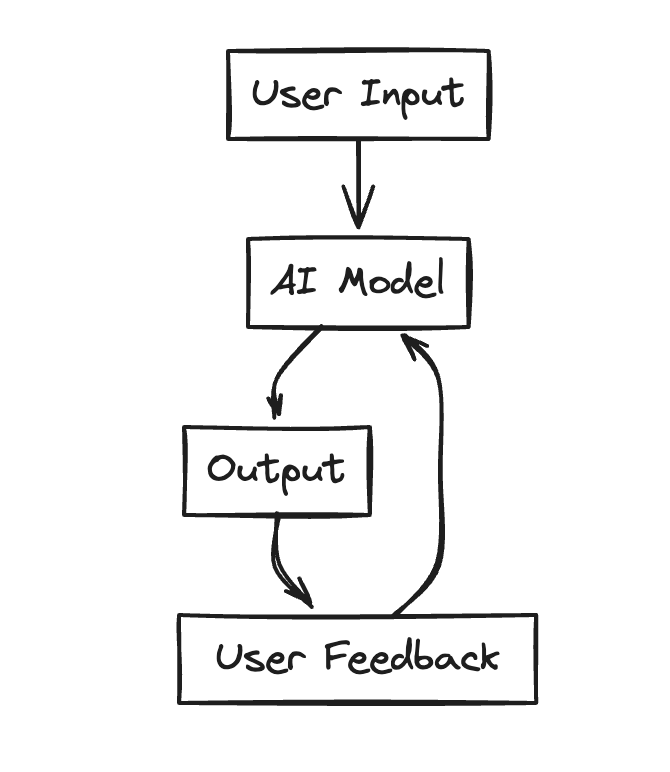
2. Tool Use: Enhancing AI Versatility
Just like a handyman uses different tools for different tasks, AI agents can be made more powerful by integrating external tools. This means they can access current information, perform calculations, and even edit images. This makes the AI agents versatile and capable of handling a wide variety of tasks with accuracy.
Tips for Beginners:
- Integrate Key Tools: Use tools like web search APIs, code execution environments, and data processing utilities.
- Train Your AI: Ensure your AI agent knows how to use these tools effectively.

3. Planning: Mastering the Art of Task Execution
Planning is like making a to-do list. AI agents need to plan to handle complex tasks efficiently. By devising and executing steps, AI agents manage unpredictable scenarios and achieve advanced outcomes, making them extremely efficient in dynamic environments.
Tips for Beginners:
- Break Down Tasks: Train your AI to divide tasks into manageable steps.
- Plan for Surprises: Equip your AI with strategies to handle unexpected challenges.
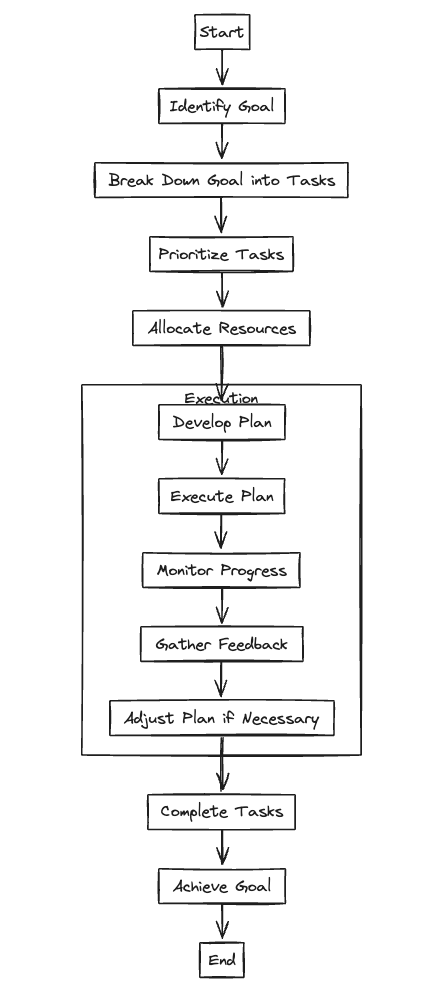
4. Multi-Agent Collaboration: Strength in Numbers
Think of a sports team where each player has a specific role. AI agents can also work together, each taking on a unique task. This collaboration enhances efficiency and ensures that complex problems are solved effectively by the appropriate agents.
Tips for Beginners:
- Assign Roles: Allocate specific roles to different AI agents based on their skills.
- Use a Framework: Employ frameworks that facilitate flawless communication and task delegation among agents.
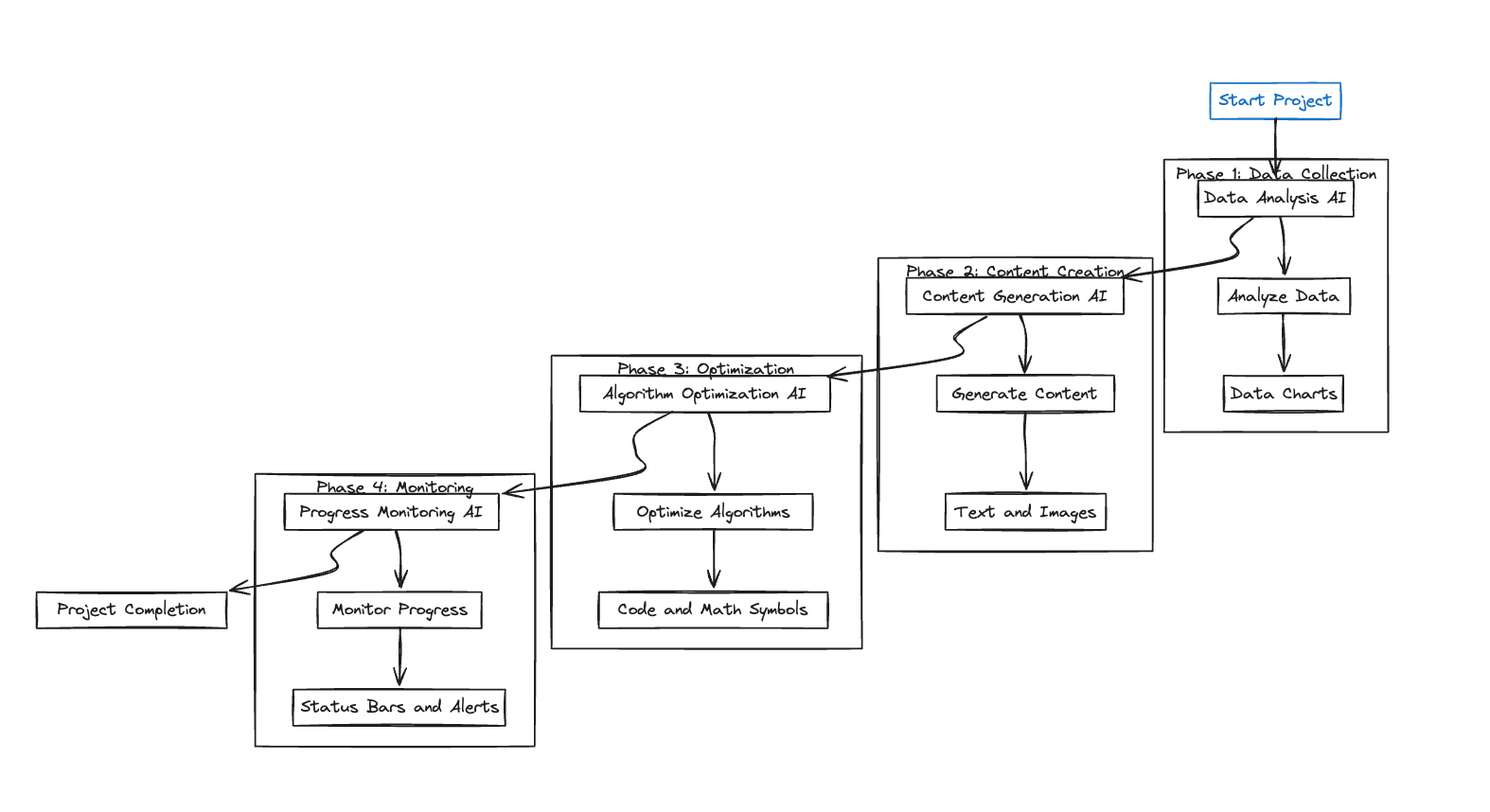
5. Scalability: Growing with Your Needs
As your business grows, so will your needs. It’s important to choose an AI platform that can scale accordingly. This means you should be able to add more agents or enhance their capabilities without compromising performance.
Tips for Beginners:
- Discuss Scalability: Ask your provider about their ability to scale with your business.
- Review Success Stories: Look at real-world examples to see how others have successfully scaled their AI solutions.
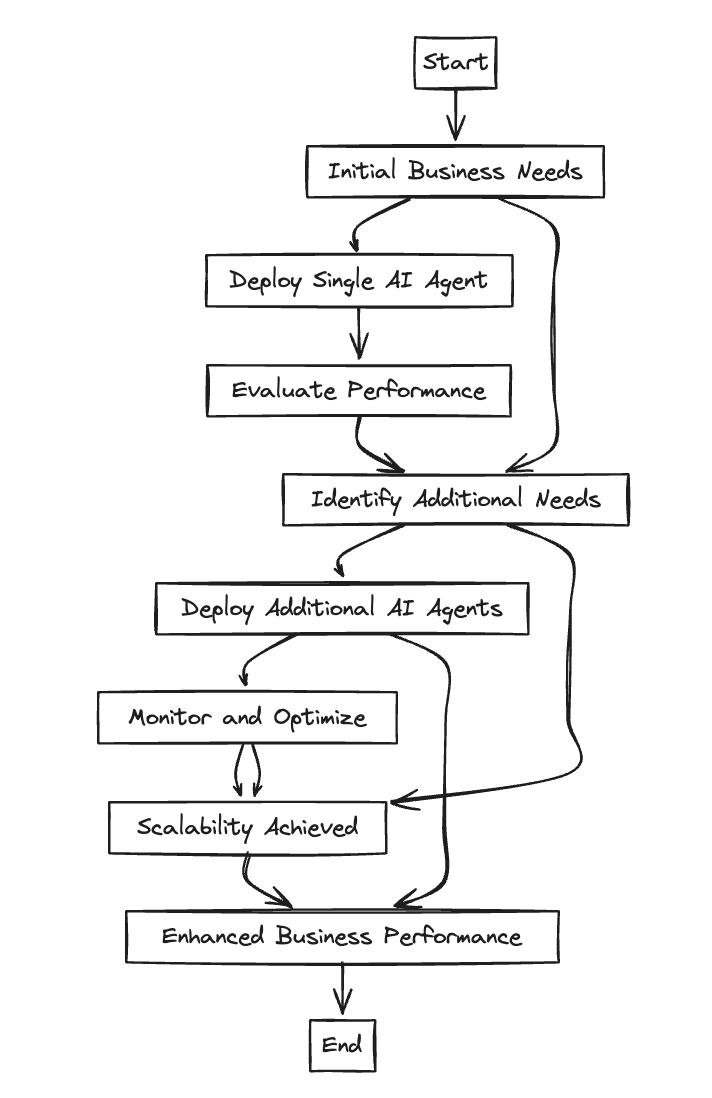
6. Ensuring Data Security and Compliance
Imagine your business data is a treasure chest. You want to make sure it’s locked and well-guarded. Ensuring data security and compliance is paramount when dealing with AI agents. Choose providers who adhere to strict data security and privacy regulations.
Tips for Beginners:
- Request Documentation: Ask for detailed security and compliance reports from your provider.
- Conduct Regular Audits: Regularly check to ensure ongoing compliance and security.
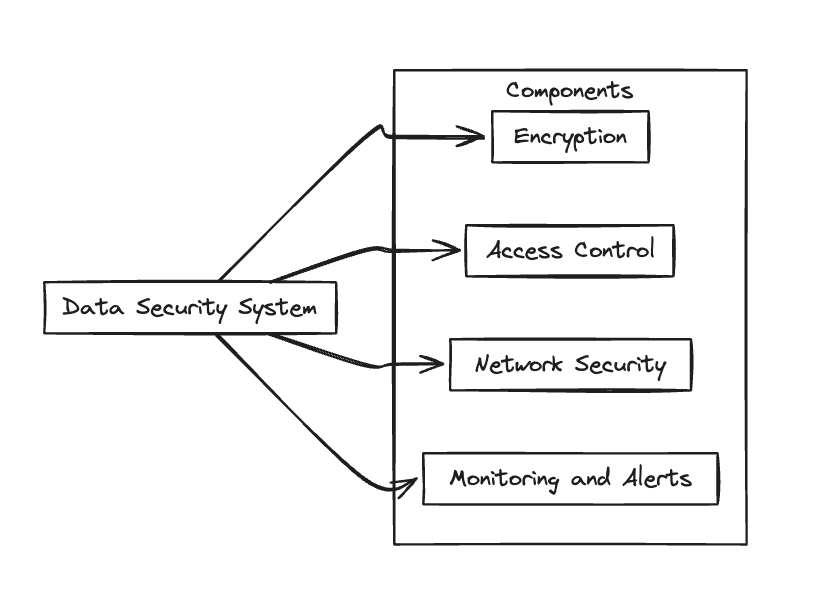
7. Continuous Learning and Adaptation
The world of AI is constantly evolving. To keep your AI agents at their best, continuous learning and updates are essential. Encourage regular training and updates to maintain peak performance.
Tips for Beginners:
- Regular Updates: Keep your AI agents updated with the latest algorithms and tools.
- Implement Feedback: Have a system for continuous feedback and improvement.
Conclusion
Creating powerful AI agents is a blend of technology, strategy, and continuous improvement. From self-review processes and versatile tool use to strategic planning and multi-agent collaboration, each step is crucial. By understanding and implementing these elements, beginners can develop AI agents that are not only intelligent but also adaptable and resilient.
Join us at Jutsu to explore our cutting-edge AI agents designed to elevate your business operations. Visit jutsu.ai for more information and to join our growing community.

